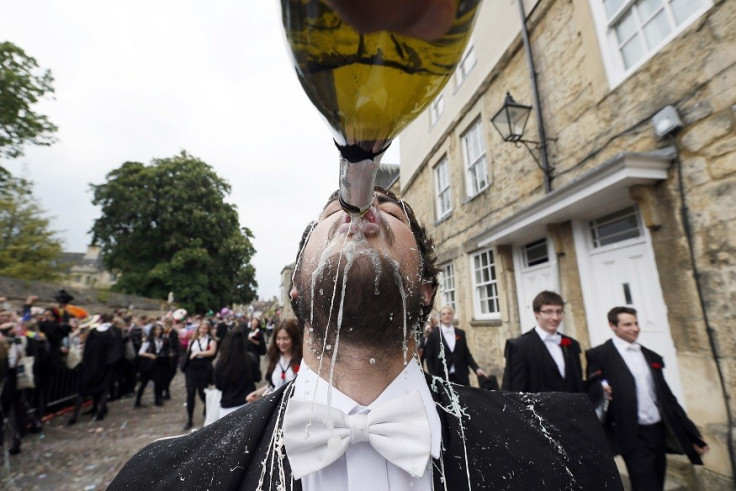Champagne Sales Loses Fizz for 2nd Consecutive Year

Global champagne sales have lost their fizz as the cheaper Italian prosecco helped to deflate purchases for the second consecutive year.
Champagne sales fell by 4.2% year-on-year to 300 million bottles while at its peak, purchases in the pricy tipple reached 338.7 million bottles in 2007.
The slump in sales may hit France harder than usual after the money, it has ploughed into its decision to allow the planting, or replanting, of vineyards in 40 new villages in the north-east of the country from 2015, will not be matched by rising demand.
In 2008, the world's favourite celebratory drink slumped in sales by more than 10%.
The biggest export market for champagne, Britain, also showed that prosecco overtook the luxury drink for the first time ever, after sales rose by nearly 40% in the year to October.
UK is responsible for consuming more than 6,500,000 litres of champagne this year but sales are still falling as, in value terms, Britain drank £900m (€1.1bn, $1.5bn) worth in 2008, compared with £599m in 2012.
Analysts say that less household spending and stagnant wages are weighing down sales.
"As soon as you reduce purchasing power, you reduce Champagne sales," said Pascal Férat, president of the champagne wine producers' union.
"Champagne is not something you can give away. When people are down in the dumps, they don't feel like drinking champagne."
Prosecco sells at around £10 a bottle, almost half the retail cost of the cheapest champagnes.
Britain's economy appears to be entering a sustainable recover from the post-financial crisis slump. Growth in GDP has accelerated across the first three quarters of 2013, from 0.3% in the first to 0.8% in the third.
While the decline in incomes continues, with pay growth of 0.8% against price inflation of 2.2%, most predict wages to start climbing again in real terms in 2014.
© Copyright IBTimes 2025. All rights reserved.


















